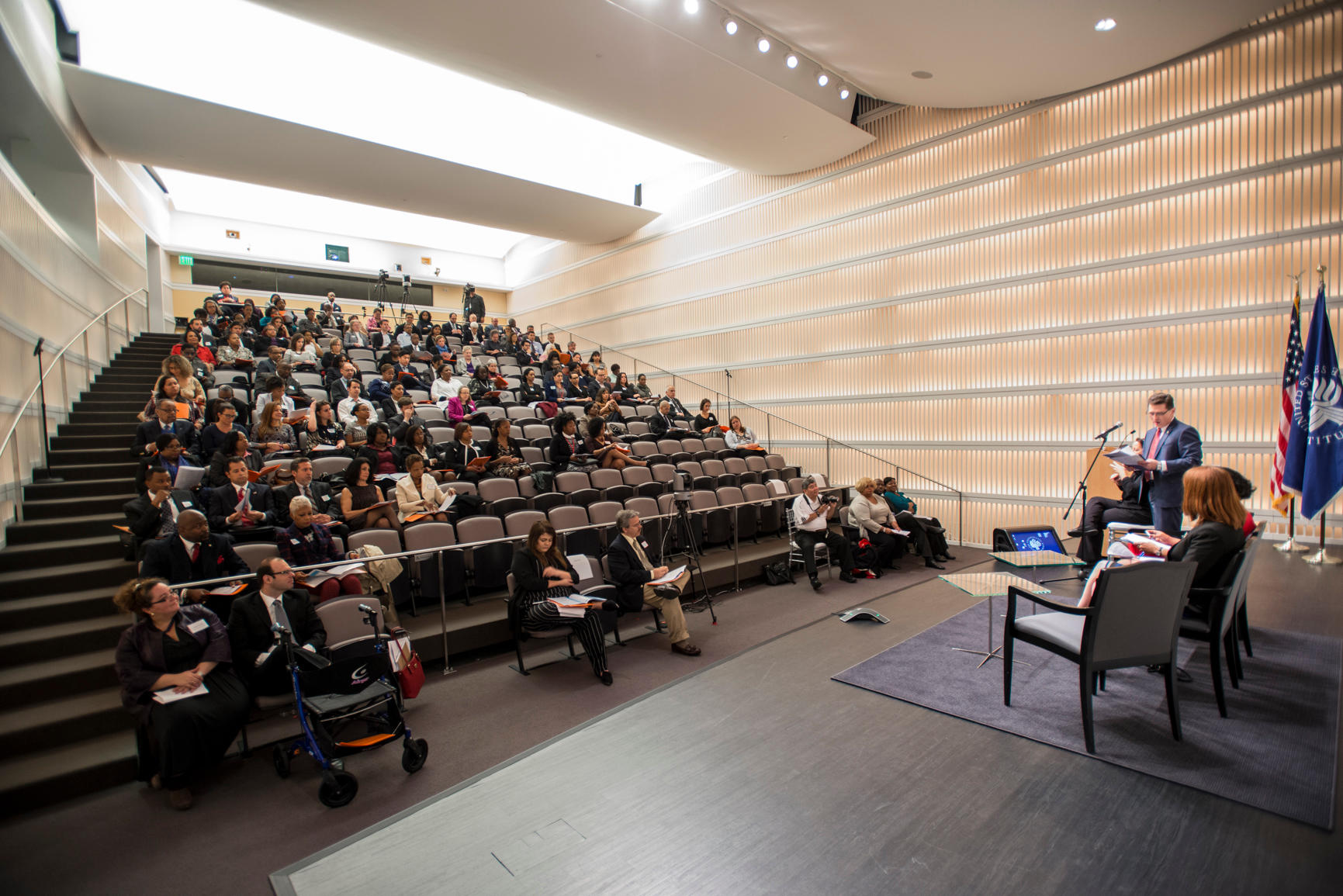Using Student Navigators to Support SBIRT at UAlbany

Problem
Substance use, suicide, and gambling are increasing concerns among college students.
In the 2020-2021 school year, almost two-thirds of college students met the criteria for at least one mental health condition. In addition, problem gambling among young people is on the rise; past-year prevalence estimates range from 35% to 87%. Unfortunately, several barriers prevent college students from getting help for these concerns including stigma, limited staffing and long wait times at college counseling centers, inability to fit appointments in with class schedules, and the anticipated difficulty of relating to counselors.
Solution
NORC is using its groundbreaking SBIRT-Gambling and Suicide Care curriculum to train student navigators.
The University at Albany (UAlbany) was awarded a five-year grant from the Substance Abuse and Mental Health Services Administration (SAMHSA) to implement Screening, Brief Intervention, and Referral to Treatment (SBIRT) to address substance use, suicide risk, and problem gambling on campus. SBIRT has been nationally recognized as an effective model for addressing substance use using universal screening, immediate on-site brief intervention, and tailored referrals.
UAlbany is integrating gambling and suicide risk screening and intervention into the SBIRT model and using student navigators to conduct screenings in central locations on campus to reach more students and address multiple public health challenges. As the lead trainer, NORC is using its groundbreaking SBIRT-Gambling and Suicide Care training curriculum to train the student navigators and evaluate the impact of the training on knowledge, self-efficacy, skills, and behavior.
Result
Project results will inform training curricula and implementation protocols for dissemination to colleges and universities nationwide.







